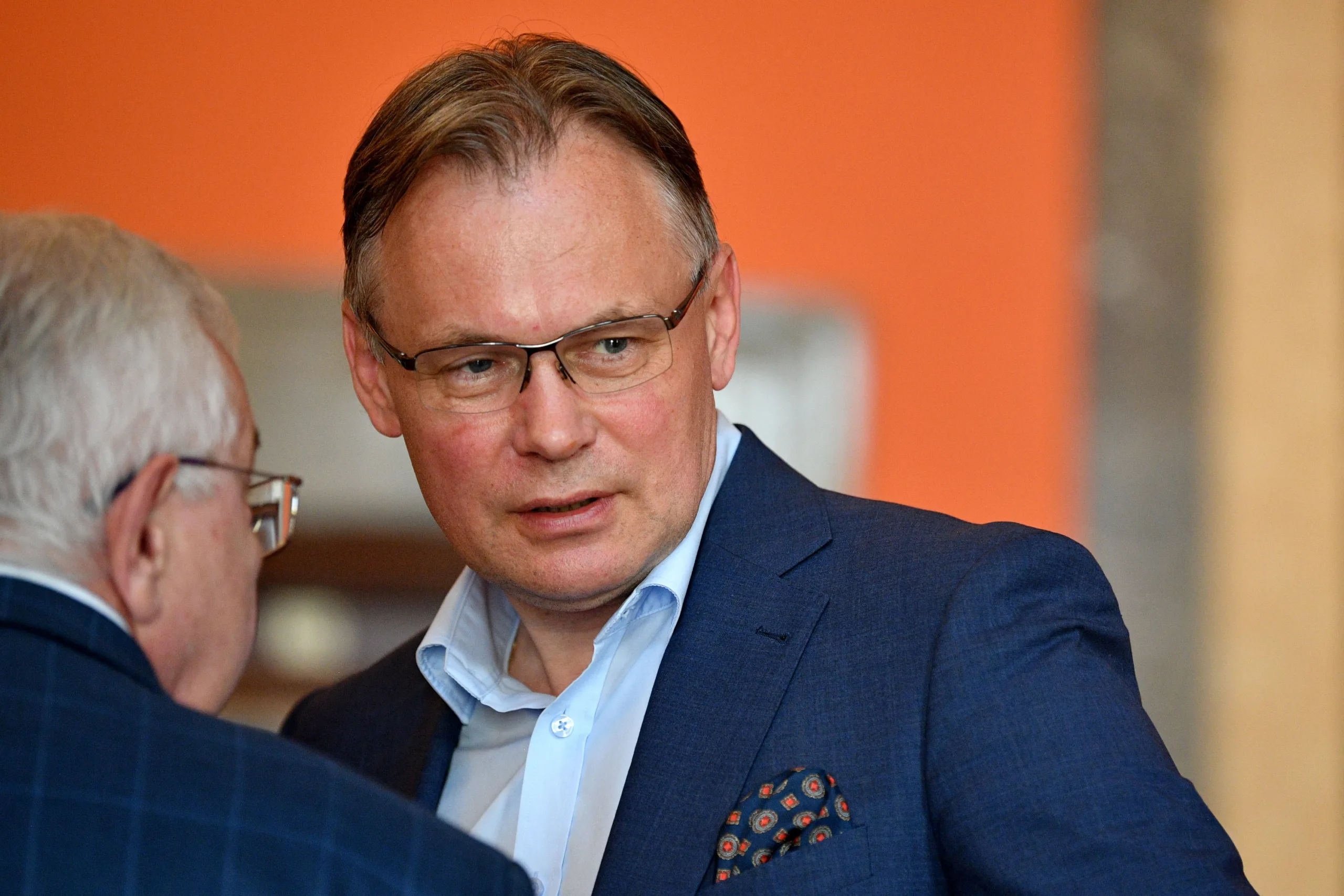
Piotr Polak/PAP
When taken together, the destruction, plunder and pillage carried out in Poland during WWII amounts to one of the largest crimes ever committed in the history of humanity.
And while some individual perpetrators were punished after the war, Poland says it has never received adequate reparations from Germany for its colossal atrocities.
Accordingly, some now say that apart from some paltry raw materials and derisory amounts paid to forced labourers, to all intents and purposes Germany has ‘gotten away with it.’
Consequently, in September last year Poland sent Germany a bill in the form of a compensation claim, likely the largest ever made.
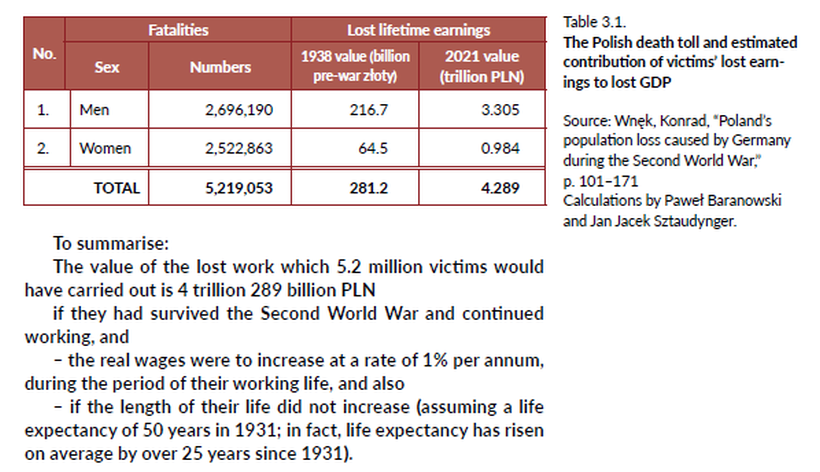 In September last year Poland sent Germany a bill in the form of a compensation claim, likely the largest ever made.
In September last year Poland sent Germany a bill in the form of a compensation claim, likely the largest ever made.
But although the colossal figure of PLN 6.22 trillion, the equivalent of over USD 1.5 trillion, made headlines around the world, the response was one of outright rejection or deafening silence.
Now Poland’s secretary of state at the foreign ministry, Arkadiusz Mularczyk, is leading the country’s diplomatic efforts to rally support.
He told TFN: “There are a lot of double standards when it comes to reparations.
“Germany sees many nations as victims but not Poles.”
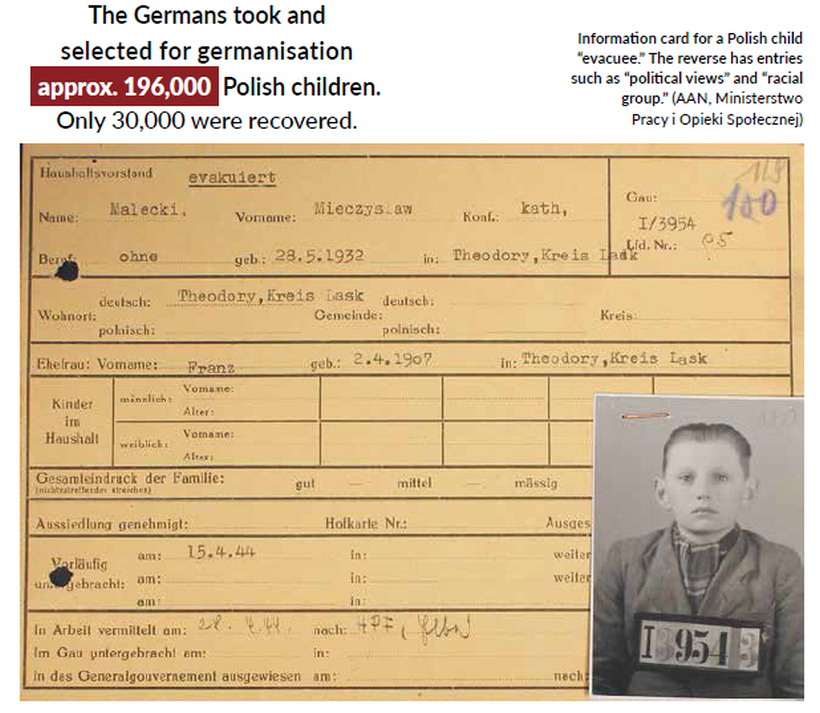 The bill that Poland handed over to Germany was the result of five years work, during which 33 researchers calculating the cost of the damage in what has been labelled the most comprehensive research of its kind.
The bill that Poland handed over to Germany was the result of five years work, during which 33 researchers calculating the cost of the damage in what has been labelled the most comprehensive research of its kind.
This, he says, is in part a result of the historical differences in the way that Poles and Germans think about the Second World War.
He said: “In 1945, they started the process of cleaning their hands.
“Over the years, they have spent millions of deutschmarks and euros to present themselves as a moral country that understands its past.
“They also use the word ‘Nazi’, separating Germans from Nazis. […] But German society was responsible for the Second World War, not Nazis.”
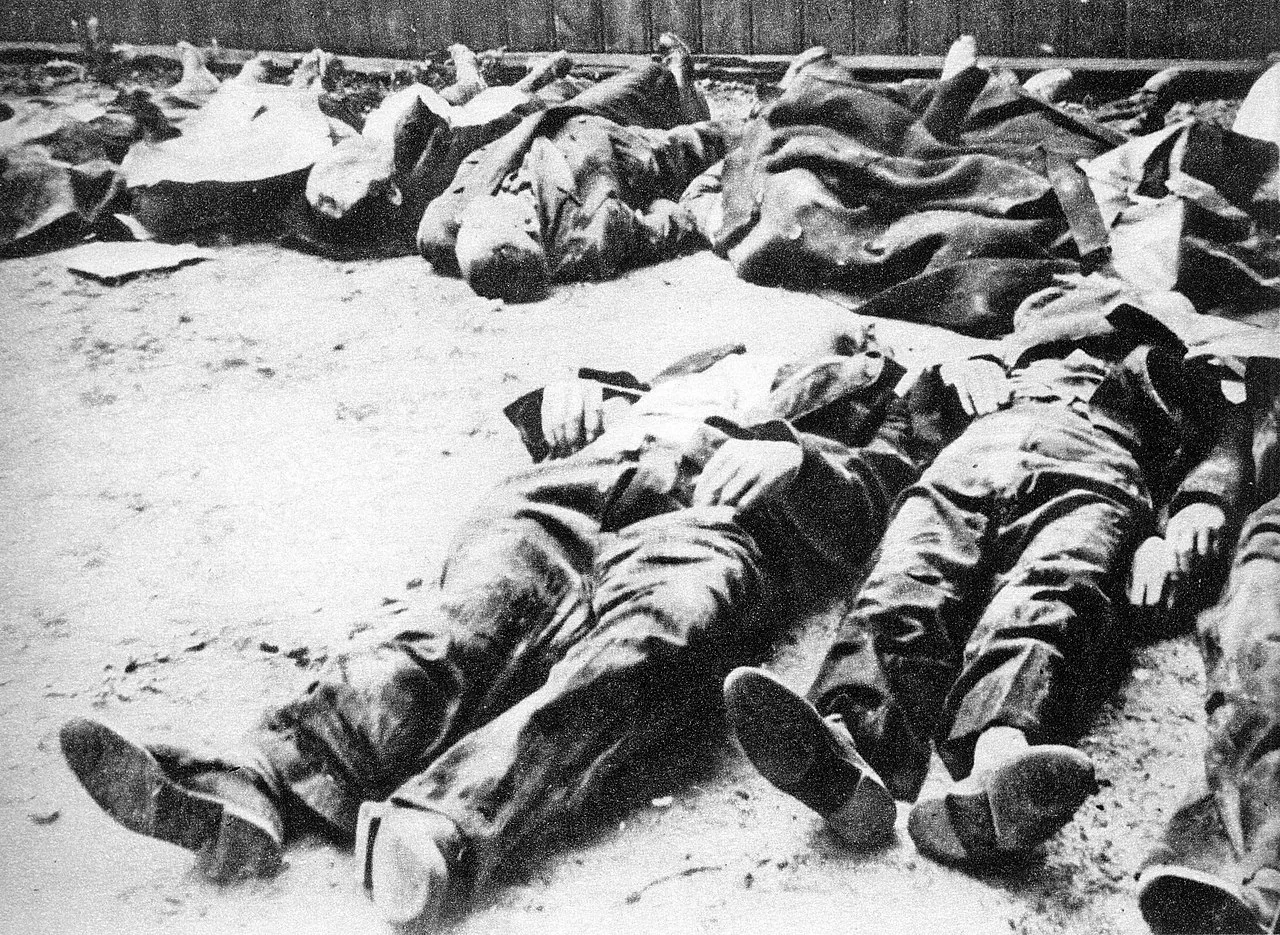 The report found that over the six years of war, Poland lost 11,200,000 of its citizens, which resulted in its population plummeting from 35 million to just 23 million. This included 5,219,000 citizens who were murdered.
The report found that over the six years of war, Poland lost 11,200,000 of its citizens, which resulted in its population plummeting from 35 million to just 23 million. This included 5,219,000 citizens who were murdered.
Since the end of WWII Germany has paid tens of billions of dollars to compensate Jewish victims.
Last year it also made a settlement of USD 1.1 billion with Namibia for colonial-era wrong-doings.
In stark contrast, it has limited itself to making platitudes about its moral culpability rather than accepting financial responsibility for what happened in Poland.
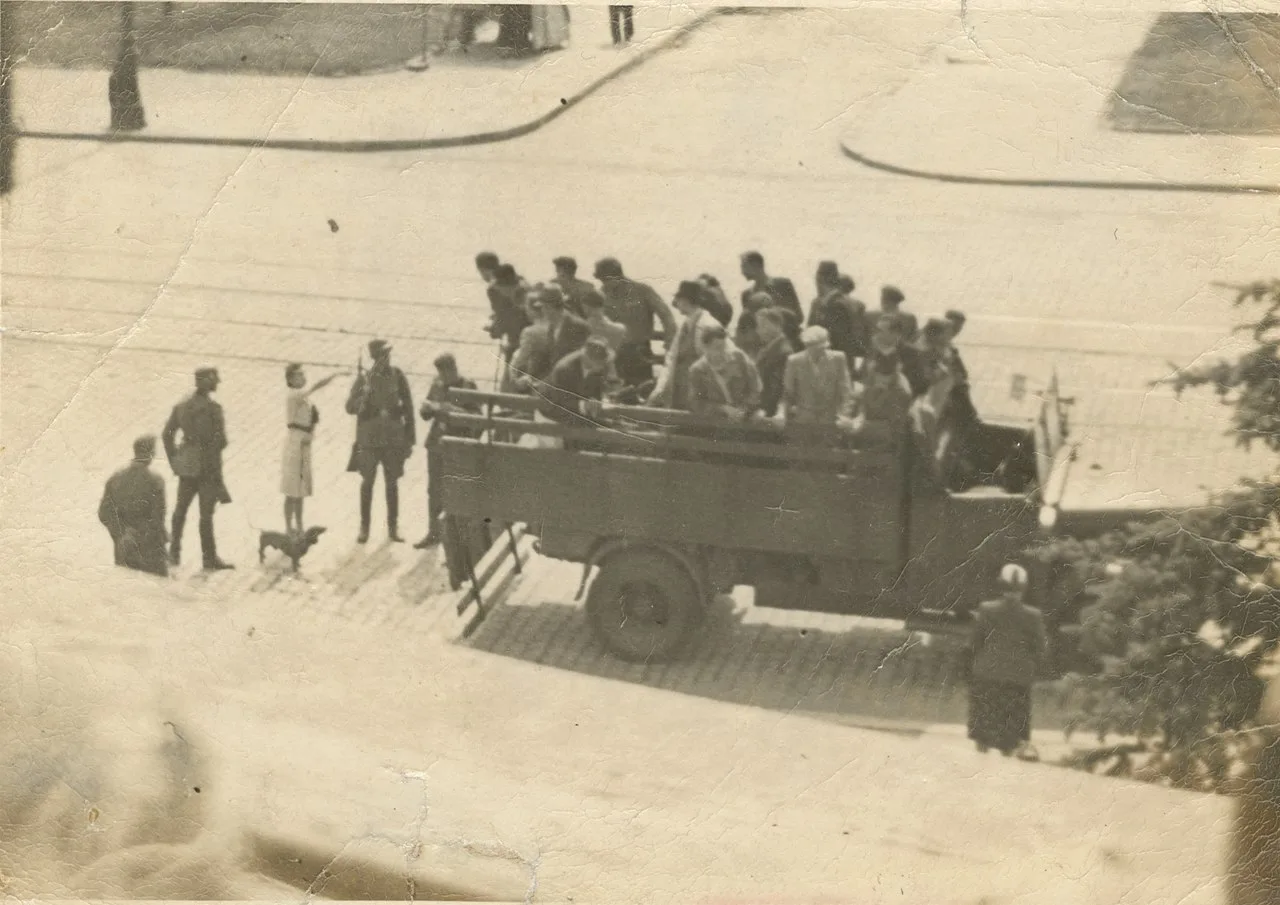 The report detailed the systematic targeting of the Polish intelligentsia, with 70 percent of dentists, 55 percent of lawyers and 40 percent of doctors being annihilated.
The report detailed the systematic targeting of the Polish intelligentsia, with 70 percent of dentists, 55 percent of lawyers and 40 percent of doctors being annihilated.
The bill that Poland handed over to Germany was the result of five years work, during which 33 researchers calculating the cost of the damage in what has been labelled the most comprehensive research of its kind.
Over the six years of war, Poland lost 11,200,000 of its citizens, which resulted in its population plummeting from 35 million to just 23 million. This included 5,219,000 citizens who were murdered.
Moreover, the report detailed the systematic targeting of the Polish intelligentsia, with 70 percent of dentists, 55 percent of lawyers and 40 percent of doctors being annihilated.
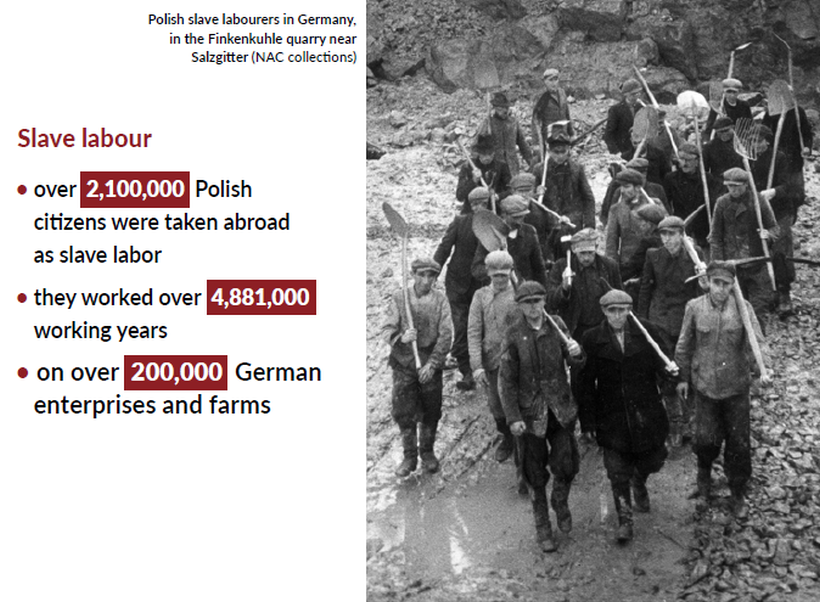 Over 2,100,000 Poles were taken abroad as slave labour to toil on over 200,000 German enterprises and farms. Together, they worked a staggering total of 4,881,000 working years.
Over 2,100,000 Poles were taken abroad as slave labour to toil on over 200,000 German enterprises and farms. Together, they worked a staggering total of 4,881,000 working years.
Over 2,100,000 Poles were taken abroad as slave labour to toil on over 200,000 German enterprises and farms. Together, they worked a staggering total of 4,881,000 working years.
The statistics also include the theft and Germanisation of around 196,000 Polish children, of whom only 30,000 were recovered after the war.
Amidst this somber backdrop, the report’s ceremonial presentation at the Royal Castle in Warsaw on September 1, 2022, was a pivotal moment.
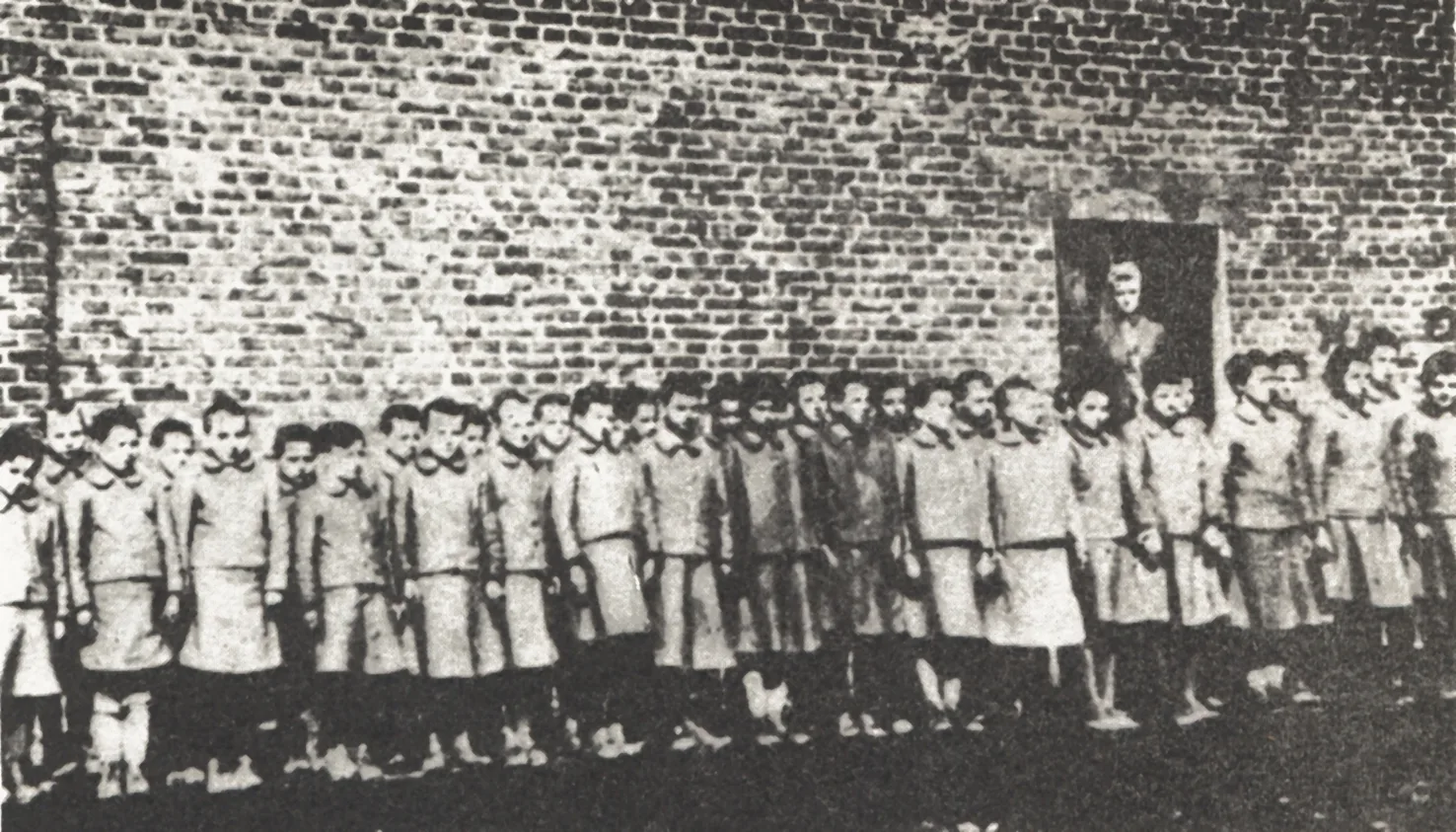 The statistics also include the theft and Germanisation of around 196,000 Polish children, of whom only 30,000 were recovered after the war.
The statistics also include the theft and Germanisation of around 196,000 Polish children, of whom only 30,000 were recovered after the war.
Polish foreign minister Zbigniew Rau subsequently sent a diplomatic note to Germany’s Federal government, requesting payment of the substantial sum.
Germany’s response, however, was swift and unwavering, with foreign minister Annalena Baerbock and chancellor Olaf Scholz both making statements soon after that according to them the matter of war reparations to Poland was closed.
This was followed by an official note from Germany at the end of December last year saying it maintains its longstanding position that the issue is closed and that it will not enter into negotiations.
Much of the legal discussion is centred on Germany’s claim that Poland waived its right to demand reparations in 1953.
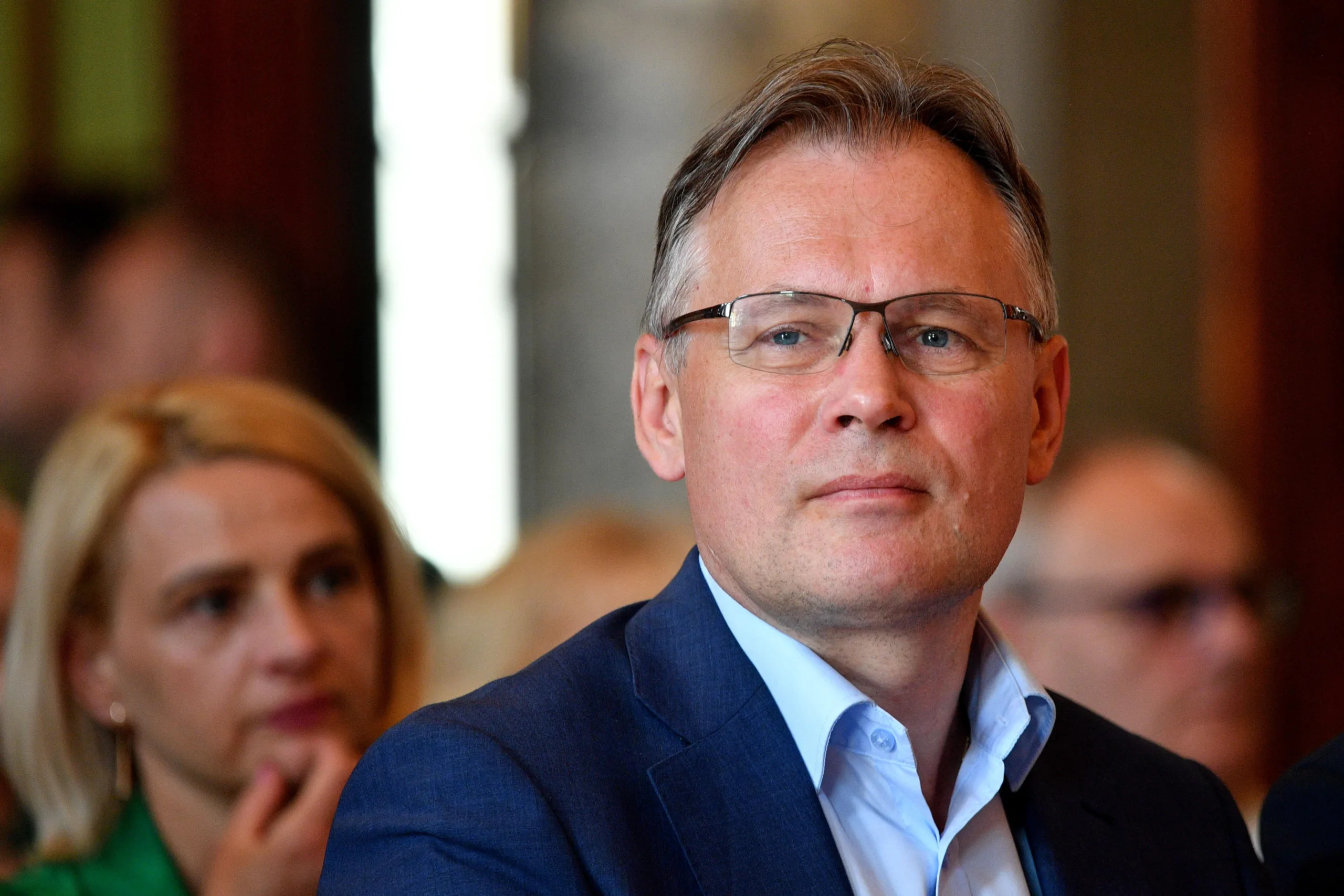 Arkadiusz Mularczyk, is leading Poland’s diplomatic efforts to rally support.
Arkadiusz Mularczyk, is leading Poland’s diplomatic efforts to rally support.
The Polish government disputes this point, arguing that post-war Poland was a Communist puppet state controlled by the Soviet Union and that any waiver was made under pressure from the Soviet Union and cannot be considered binding.
According to Mularczyk any progress will come from dialogue and negotiation rather than legal arguments.
Earlier this year, Germany signalled that it would talk to Poland about reparations, but only after this autumn’s parliamentary elections.
Poland has appealed to United Nations Secretary-General Antonio Guterres, and UNESCO Secretary-General Audrey Azoulay has been invited to Warsaw.
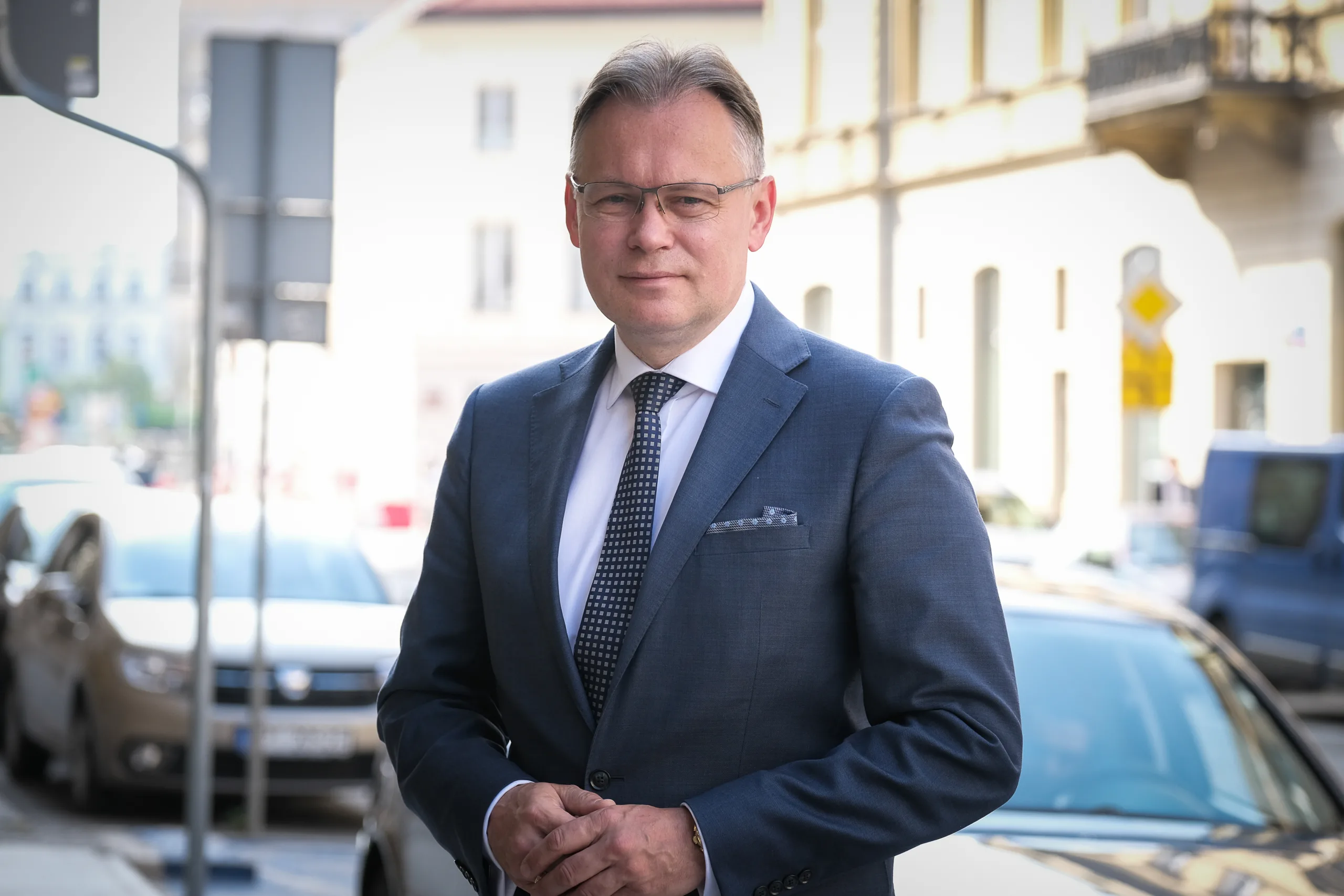 Earlier this year, Germany signalled that it would talk to Poland about reparations, but only after this autumn’s parliamentary elections. Mularczyk says any progress will come from dialogue and negotiation rather than legal arguments.
Earlier this year, Germany signalled that it would talk to Poland about reparations, but only after this autumn’s parliamentary elections. Mularczyk says any progress will come from dialogue and negotiation rather than legal arguments.
Diplomatic notes have been sent to 50 European states and there are plans to organise an international conference on the subject.
A recent trip to the United States where Mularczyk spoke to US lawmakers and Jewish groups was the latest attempt to raise awareness about the reasons behind Poland’s claims.
Moreover, Poland looks to Greece as a potential ally in the reparations struggle, as Greece has been pursuing its own reparations claims from Germany for several years, amounting to over USD 300 billion.
As Poland’s resolve persists, it seems war reparations will remain a defining issue in the bilateral relationship between Poland and Germany for the foreseeable future.



